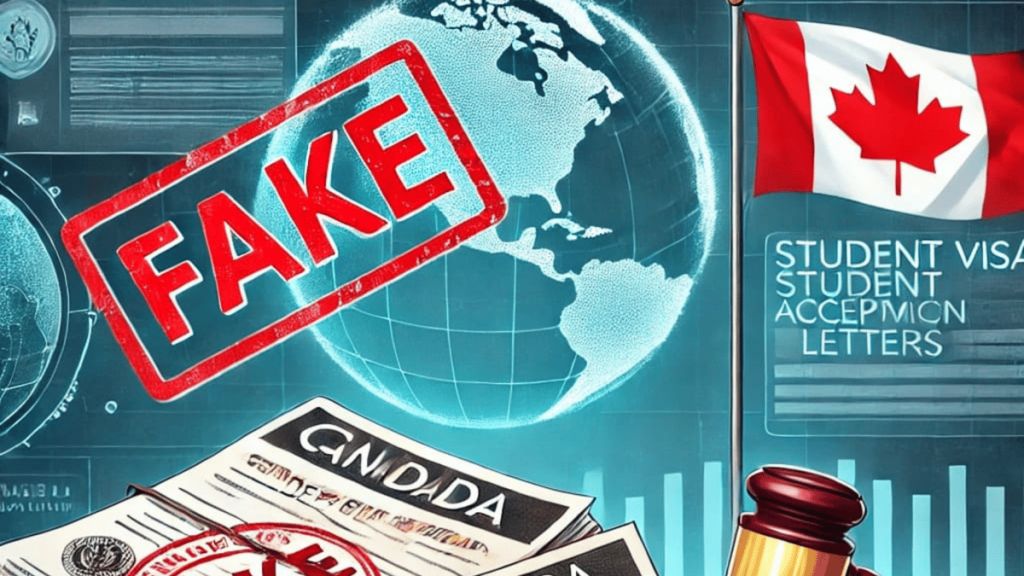
The Immigration, Refugees, and Citizenship Canada (IRCC) of Canada flagged more than 10,000 international student acceptance letters last year as possibly fake-issued, tightening the scrutiny on foreign students' admittance processes. The move comes after a huge number of cases involving forged acceptance letters emerged last year.
Bronwyn May, director-general of the International Students Branch at IRCC, revealed to the parliamentary committee that higher than usual verification checks on 500,000 applications within the last year revealed serious flaws. Of the letters, 93% could be verified as being authentic, 2% as fraudulent, and 1% as associated with cancelled admissions for students. In some cases, colleges and universities also failed to validate these letters' authenticity as reported by The Globe and Mail.
The tighter verification measures result from a scandal that rocked Canada in 2023, when a group of international students, mostly from India, were sent packing because unlicensed consultants had issued them forged admission letters. For such incidents not to happen again, Canada today requires that all admission letters accompanying visa applications be verified through an online portal, thus ensuring transparency to applicants within and outside the country.
However, systemic exploitation remains a concern. Jenny Kwan, an immigration critic from Canada's New Democratic Party, summed up the findings as "extremely alarming," calling on the government to take responsibility for schools and unscrupulous agents. She has also pressed for the protection of defrauded students. "Canada has a responsibility to ensure that international students who have been defrauded are protected," she told The Globe and Mail.
International student fraud is under increasing investigation, as the IRCC has reported that a total of 2,000 cases from India, China, and Vietnam were subjected to probing, in which 1,485 students have been flagged for fraudulent documentation. Many of these students are being denied entry or even deported.
Meanwhile, according to IRCC spokesperson Jeffrey MacDonald, genuine students involved in these situations could be issued temporary resident permits and be allowed to stay in Canada without penalties for misrepresentation.